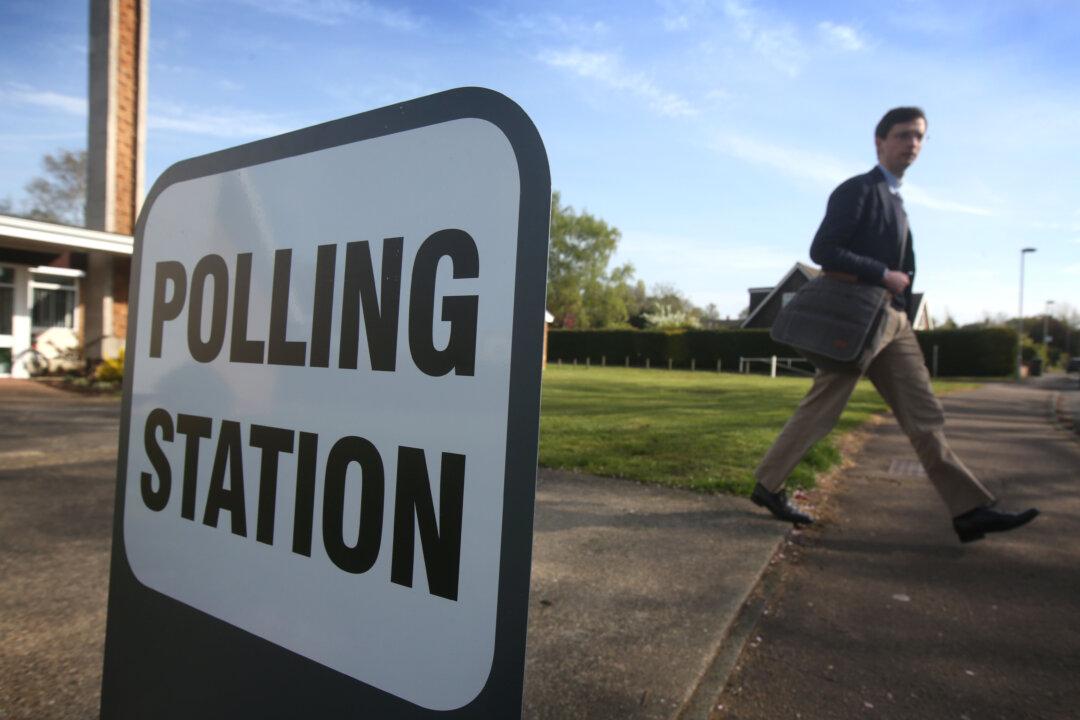The Conservative Party needs to win over the “shy capitalist” millennial generation, in order to secure their vote in the next general election, a report has warned.
A new study (pdf) from centre-right think tank Onward surveyed 8,000 people across the UK, identifying their voting intentions and the issues they prioritise.





